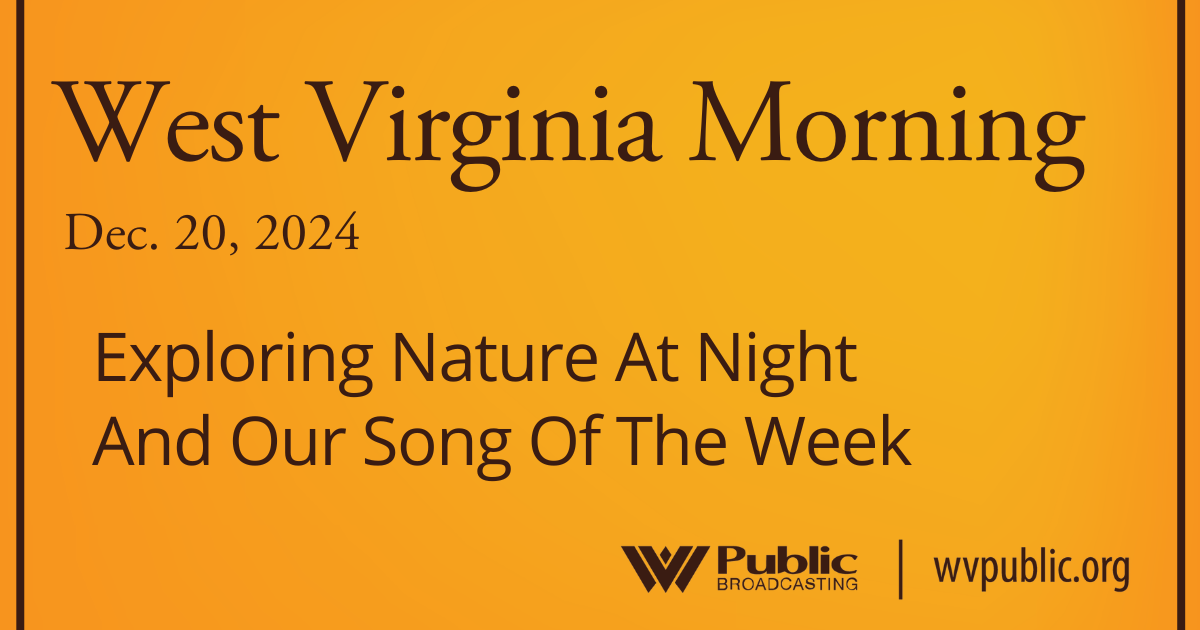The suit claims the ordinance “violates their First Amendment right to freedom of speech because it prohibits them and others like them from asking for donations…”
In October of 2023, the Monongalia County Commission passed an ordinance titled “Pedestrian and Vehicle Safety Ordinance,” that prohibited occupants of vehicles from interacting with pedestrians. The ordinance also prohibits “any person to stand, sit or otherwise physically remaining within the roadway for any reason apart from the lawful crossing of a road or highway,” among other restrictions.
Mountain State Justice, which offers legal services to low income citizens, filed suit in the Northern District of West Virginia Wednesday on behalf of two plaintiffs. The suit claims the ordinance “violates their First Amendment right to freedom of speech because it prohibits them and others like them from asking for donations or giving donations in public areas where those protected activities were common before its passage.”
Lesley Nash, a staff attorney for Mountain State Justice, said the ordinance developed out of a panhandling ban. U.S. courts have ruled panhandling is protected speech and its ban or restriction is unconstitutional..
“This is now the pedestrian and vehicle safety ordinance. However, just because a law doesn’t explicitly say it bans panhandling doesn’t mean that it’s constitutional,” Nash said. “Laws can be impermissible restrictions, content based restrictions on free speech, even if they don’t explicitly say so. If there is clear animus, like if there is a clear intention to only restrict and ban specific protected speech, that can still be sort of a straight up and down constitutional issue.”
The suit names all three Monongalia County commissioners as defendants, as well as the county sheriff. The filing specifically points to public comments made by commissioner Tom Bloom to outlaw panhandling and donations to panhandlers as evidence of the ordinance’s true intentions.
Nash said in preparing the suit, her team did not find any instances of anyone other than panhandlers being cited under the new ordinance.
“We have not found anyone who was in a car donating or anyone who is passing out political leaflets, or standing there with a protest sign, or anything of that nature,” she said. “The only people we have found who have been affected by this ordinance are people who are panhandling.”
Other municipalities in West Virginia, including Wheeling and Charleston, have moved to enact ordinances restricting standing or soliciting at intersections and roadways.
“If it was the only county in West Virginia that had an ordinance like this, we would still have challenged it,” she said. “It is our hope that the filing of this lawsuit will cause other cities and municipalities in West Virginia to at least pause and maybe be a little more mindful about moving forward with ordinances that infringe on folks’ constitutional rights.”
Mountain State Justice filed a different class action lawsuit against the City of Morgantown earlier this year challenging a similar city ordinance which criminalized the solicitation and giving of donations on city streets. After that filing, Morgantown City Council repealed that ordinance.
